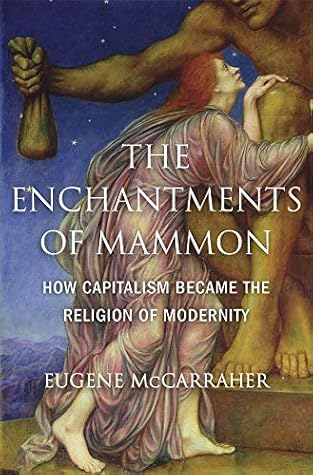The commons also pointed to a barely repressed desire for communism that lurked as the political unconscious of medieval Christendom. “The ideal—if only man’s nature could rise to it—was communism,” as R. H. Tawney long ago recognized. Private property was considered a rueful concession to the circumstances of a fallen world; property was either a necessary evil, a right of use, or a social trust.
Welcome back. Just a moment while we sign you in to your Goodreads account.


